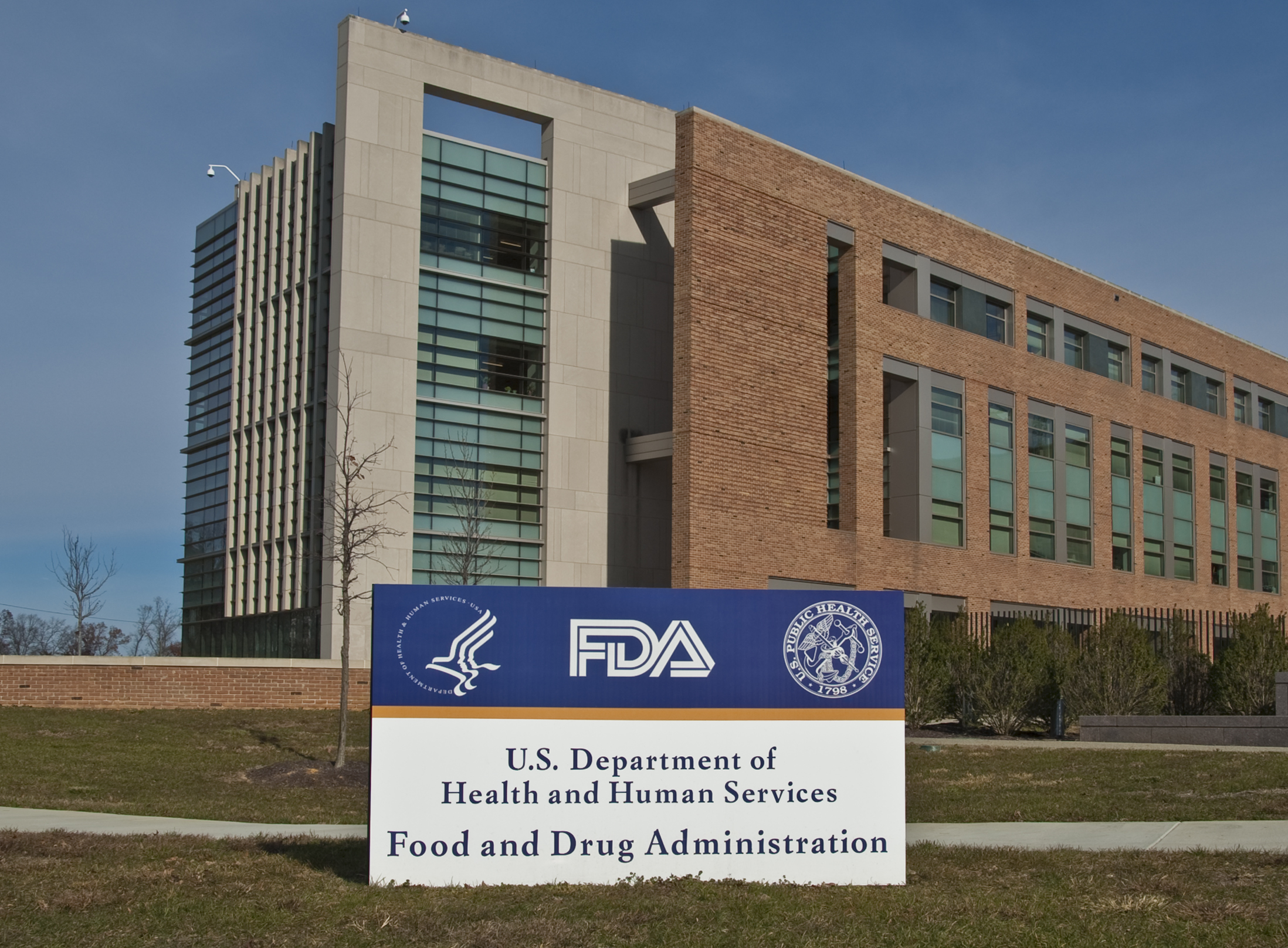PTC Therapeutics fails to convince FDA panel about DMD drug

FDA advisers have voted against approval for PTC Therapeutics’ Duchenne drug Translarna because of doubts about its efficacy.
The US regulator is not bound to follow the advice of its expert committees, but it usually does.
One notable exception to this rule was Sarepta’s rival DMD drug, Exondys 51 , where the FDA overruled its expert committee, almost exactly a year ago.
On that occasion the regulator was swayed by representations from patient groups - but Translarna isn't expected to get the same benefit of the doubt.
In PTC’s case, 10 out of the 11 panellists on the regulator’s Peripheral and Central Nervous System Drugs Advisory Committee voted that the data presented by PTC were inconclusive.
PTC had filed the Translarna (ataluren) in protest to treat after the FDA had refused to accept the company’s dossier earlier this year.
And earlier this week, staff reviewers from the FDA had concerns about the evidence supporting the application, noting that PTC’s filing is based on an analysis of data from two failed trials.
PTC argues that Translarna increases the production of dystrophin, a protein that protects muscles.
Absence of the protein dystrophin as a result of a nonsense mutation in the dystrophin gene is the root cause of DMD.
Joe McIntosh, PTC’s head of clinical development argued at the meeting that the “totality of the data” showed Translarna can slow loss of muscle function.
But panellists including Aaron Kesselheim, associate professor of medicine at Harvard Medical School were not convinced, saying that PTC’s analysis could be misleading, calling for further data to support its approval.
Translarna is already approved in Europe on the condition that PTC provides further data to prove its efficacy.
Under US drug approval laws, the FDA has until 24 October to decide whether it takes a similar approach, or rejects the drug.
Shares in PTC Therapeutics had dived following the poor review from the FDA staff – but have recovered since then on the Nasdaq exchange, as investors sensed that the meeting had not progressed as badly as expected.












